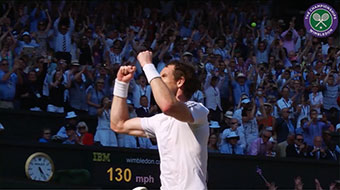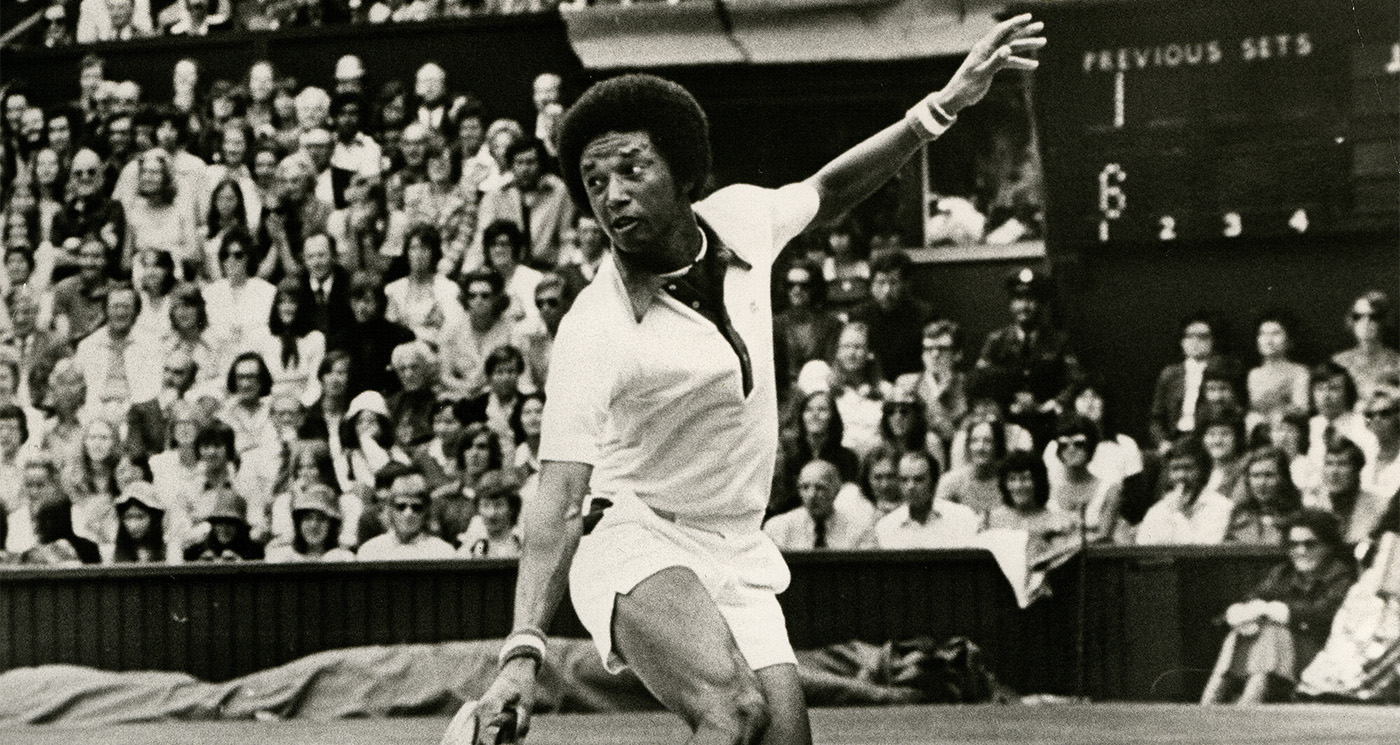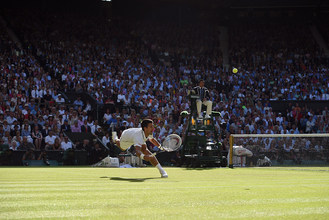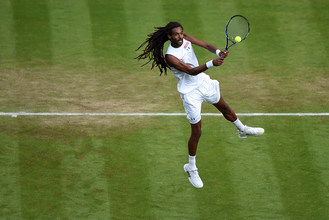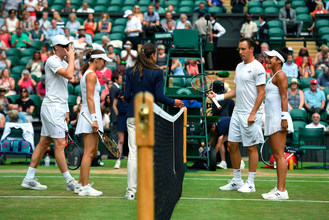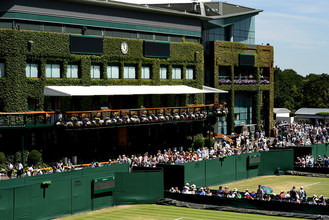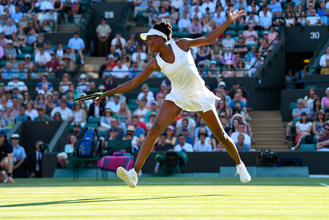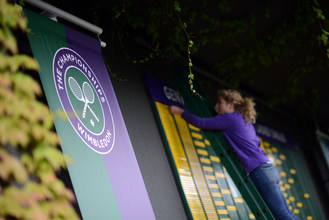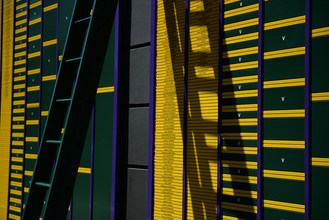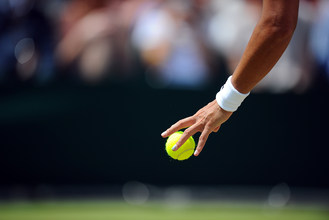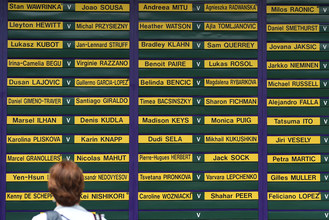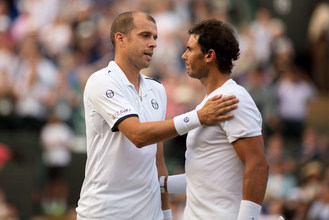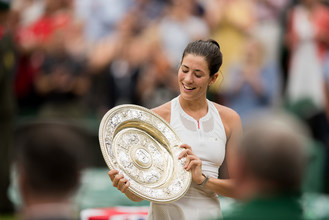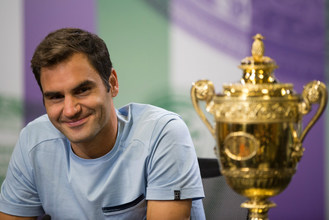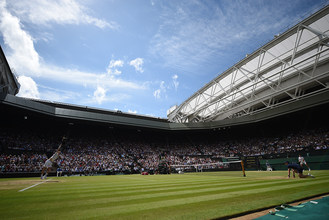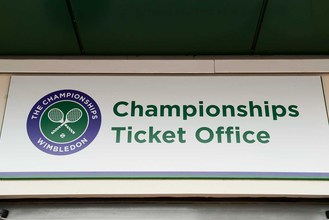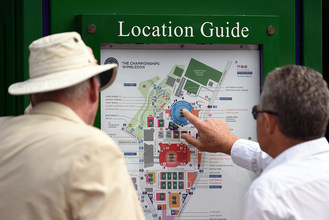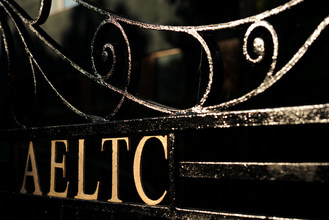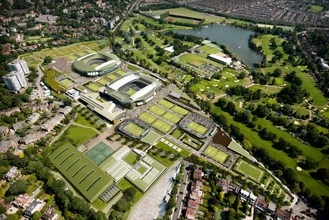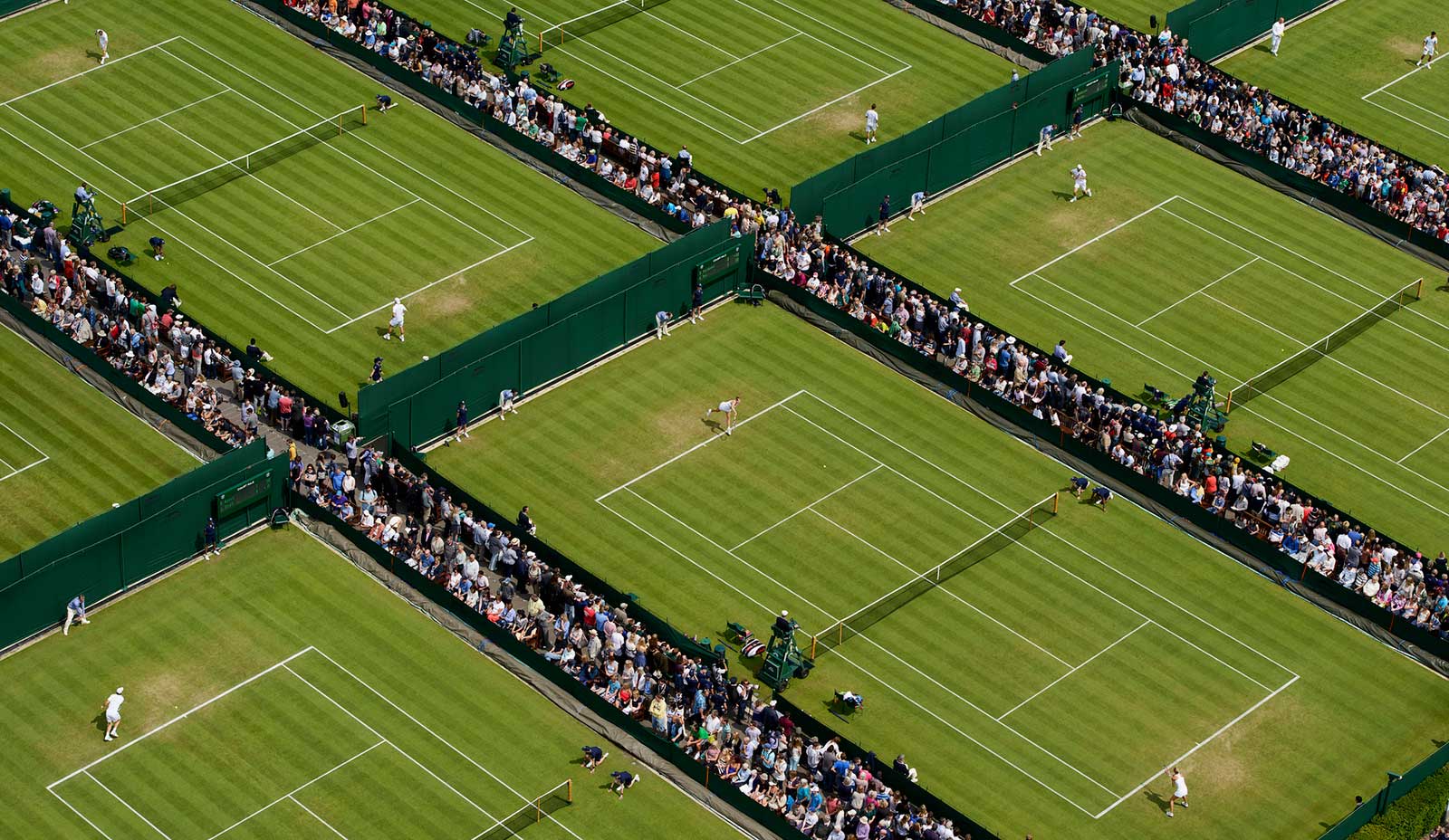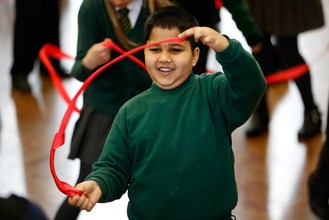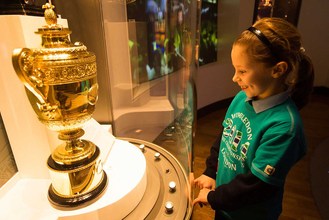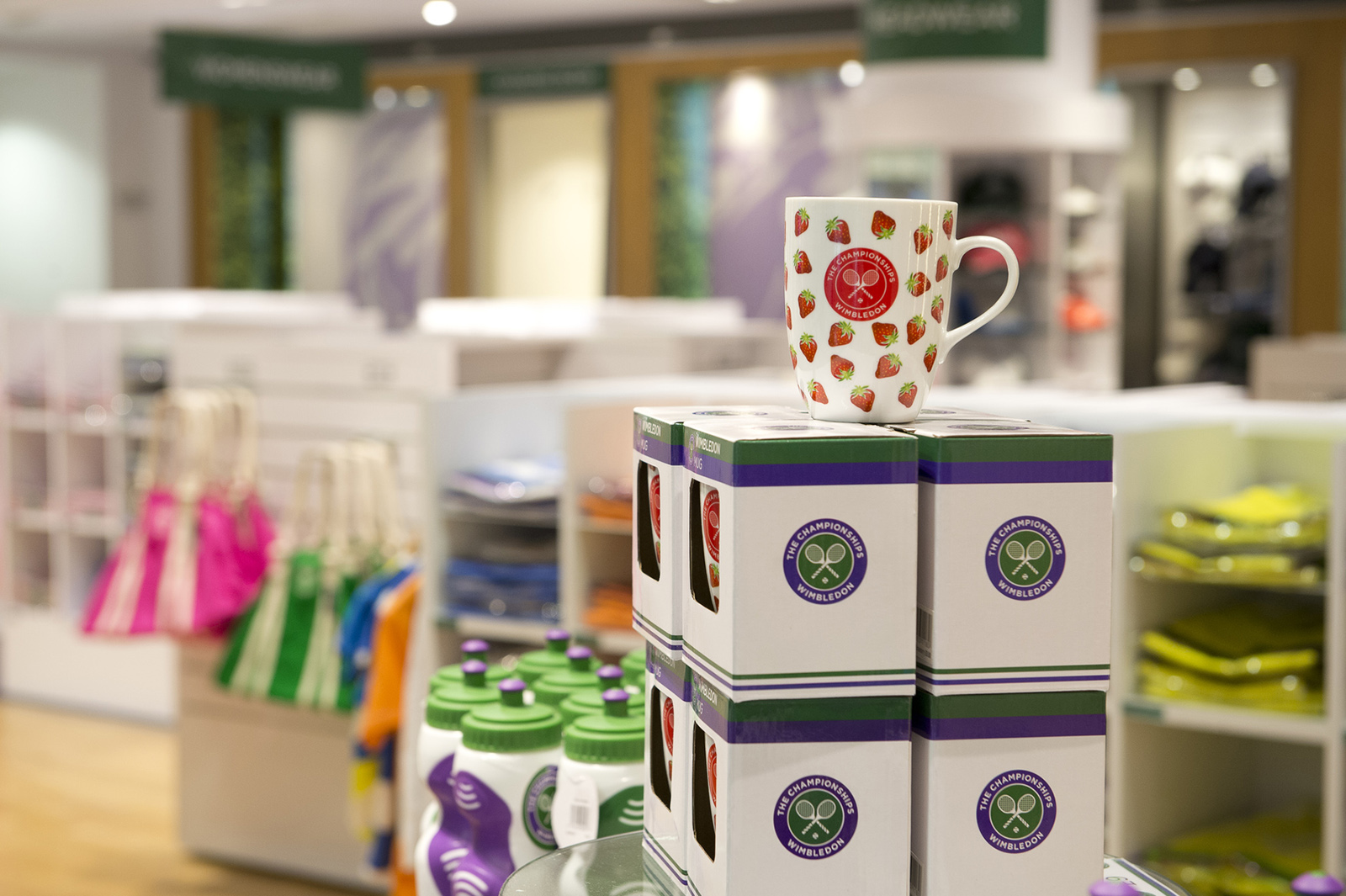On this day in 1943 was born the man who became, by common consent, tennis’ greatest spokesman and ambassador.
Though Arthur Ashe lived only until the age of 49, felled in February 1993 by Aids contracted through a tainted blood transfusion, he achieved much more than the marks he made in the record books.
It is necessary merely to note that the main stadium at the US National Tennis Centre, home of the US Open, is named in his honour – a mark of the deep respect earned by his unique skills of gentle persuasion.
As Billie Jean King said, “Arthur spoke gently but his actions spoke loudly”, while a former Mayor of New York, David Dinkins paid this tribute: “He was a credit to his race. The human race.”
Ashe won three of the four Grand Slams just once each. First came the first Open championship of his home country in 1968, followed by victory at the Australian Open of 1970. But it was his capture of the Gentlemen’s Singles title at Wimbledon in 1975 which set fitting seal on a tragically shortened life.
He was facing the defending Wimbledon champion, a Jimmy Connors at the height of his all-action game and alley cat ferocity and was given next to no chance of halting his fellow American’s collecting Wimbledon’s supreme prize for the second straight year.
Instead, in a final which ranks among the most remarkable in the history of The Championships, Ashe reduced his opponent to impotent rage, confusion and shock defeat by simply being smarter.
Varying his pace and spin, angle and trajectory, Ashe broke up Connors’ rhythm to such an extent that he swept through the first two sets 6-1, 6-1. An all-out Connors counter-attack won him the third set 7-5 , only for Ashe to find new reserves of ingenuity, take the fourth set 6-4 and celebrate the greatest day of his life.
Ashe had become the first, and remains the only, black to win the Wimbledon men’s title, a mark he also leaves through his other Grand Slam wins in Melbourne and New York. At the French Open Ashe never got further than the quarter-finals, in 1970 and 1971, but there was deep satisfaction for Arthur in seeing Yannick Noah, who he had spotted as a promising youngster in Cameroon and helped to develop, become in turn the only black man to win Roland Garros in 1983.
Arthur competed 12 times over 17 years at Wimbledon, his best results other than 1975 coming in 1968 and again the following year as a semi-finalist. He was a member of the US Davis Cup team which took the trophy three straight years 1968-70 and later began a five-year stint as captain of the Davis Cup team in which his diplomatic skills and patience were fully stretched in getting the best out of the maverick talents of Connors and John McEnroe.
Service to others is the rent we pay for our space on earth. Arthur Ashe departed us paid in full
In 1979 Ashe suffered a massive heart attack while conducting a tennis class, followed in April 1980 by a quadruple by-pass operation and then a further double by-pass in 1983 during which he was given a two-pint transfusion containing tainted blood, a mere 18 months before the United States introduced routine screening of blood for the HIV virus.
Five years later he was diagnosed with Aids, which at that time carried a three-year maximum survival span. He and his wife, the photographer Jeanne Moutoussamy, entered into what Arthur called “a generous conspiracy” to restrict news of his condition to the closest of relatives and friends but inevitably the story leaked and when the newspaper USA Today stated its intention to break the story Ashe himself chose to announce it in April 1992.
Two months later he came to Wimbledon for what would be his last visit as a TV commentator and columnist for British and American newspapers. In February 1993 he contracted pneumonia and died.
With his passing, tennis – and the world - lost someone about whom, as Mayor Dinkins also said, “Service to others is the rent we pay for our space on earth. Arthur Ashe departed us paid in full.”

